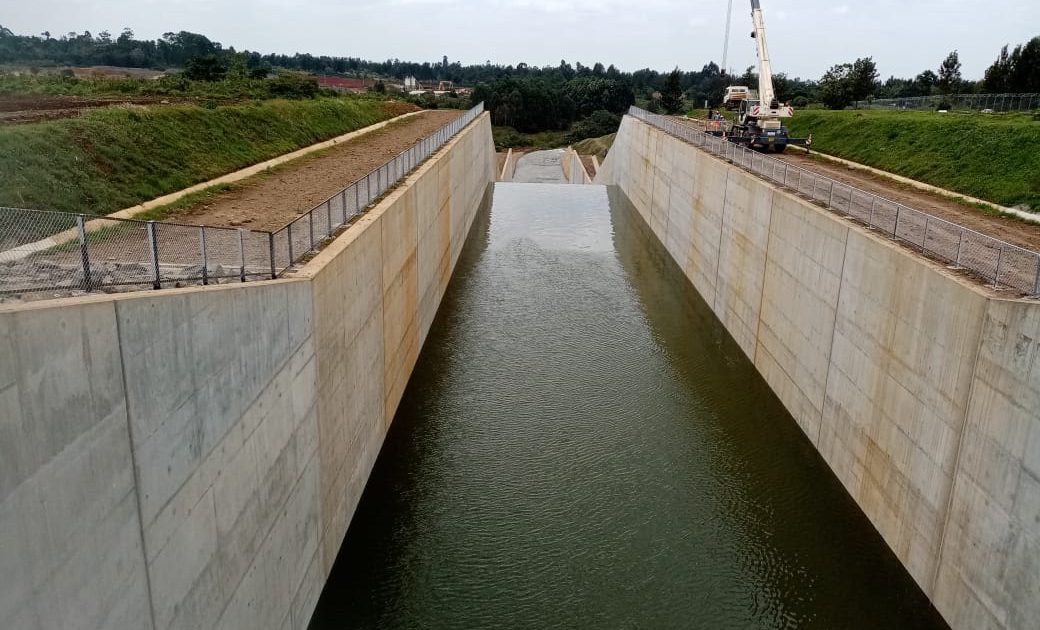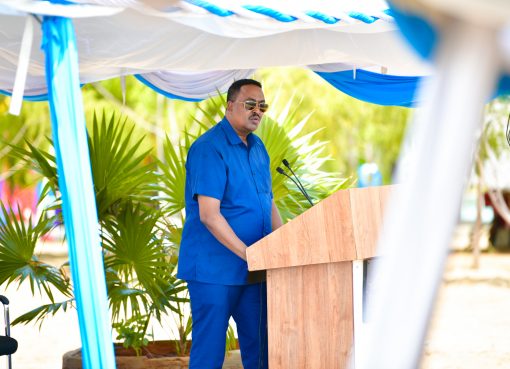The perennial scramble for irrigation water amongst Mwea rice farmers has finally come to an end following the filling up of water at the Thiba dam.
Farmers will from this season use the water to plant their crops without any fear of losing the seedlings to the dry spell which normally comes around due to the climate change.
The dam with a reservoir capacity of 15 .6 million cubic liters of water was completed in March this year after which the National Irrigation Authority started filling it up.
According to the Authority’s Corporate Communications Manager Dan Nzonzo, farmers will be able to plant two seasons per year thereby doubling production which will also translate to double financial income.
“Farmers will no longer depend on rain water which is unreliable after the rains subside leaving Thiba and Nyamindi rivers at their lowest levels at the time irrigation water was required,”Nzonzo said.
The official said only the required amount of irrigation water would be released downstream in a much organised manner such that every section of the scheme will be receiving its rightful amount of the precious commodity.
A section of the farmers interviewed conveyed confidence in flourishing of the rice sector after many years of perennial water shortage in the 25,000 hectares under rice cultivation following the completion of the Sh19 billion mega dam.
Nzonzo said the contractor completed the project ahead of the scheduled time, saving the government Sh400 million.
“From this season, farmers at the Mwea Irrigation scheme who have been producing the rice crop bellow optimum capacity will start reaping the fruits of irrigated agriculture where quality rice grain will be produced,”Nzonzo said.
He also said safety measures have been put in place at the dam site to ensure visitors to the facility do not risk their lives to the aquatic animals which have migrated there or the massive water reservoir.
A NIA Engineer Stephen Mutinda who was overseeing the construction works of the vision 2030 flagship project said the dam’s spillway was now having the excess water flowing downstream back to the Thiba River.
“I must assure area residents that the completion and consequent filling of this dam has no adverse effects on the environment or the ecosystem since thorough research had been conducted prior to having the project started,” he said.
“The completion of the dam which was started in 2018 will have long term positive effects on generations to come,” Nzonzo added.
By Irungu Mwangi





